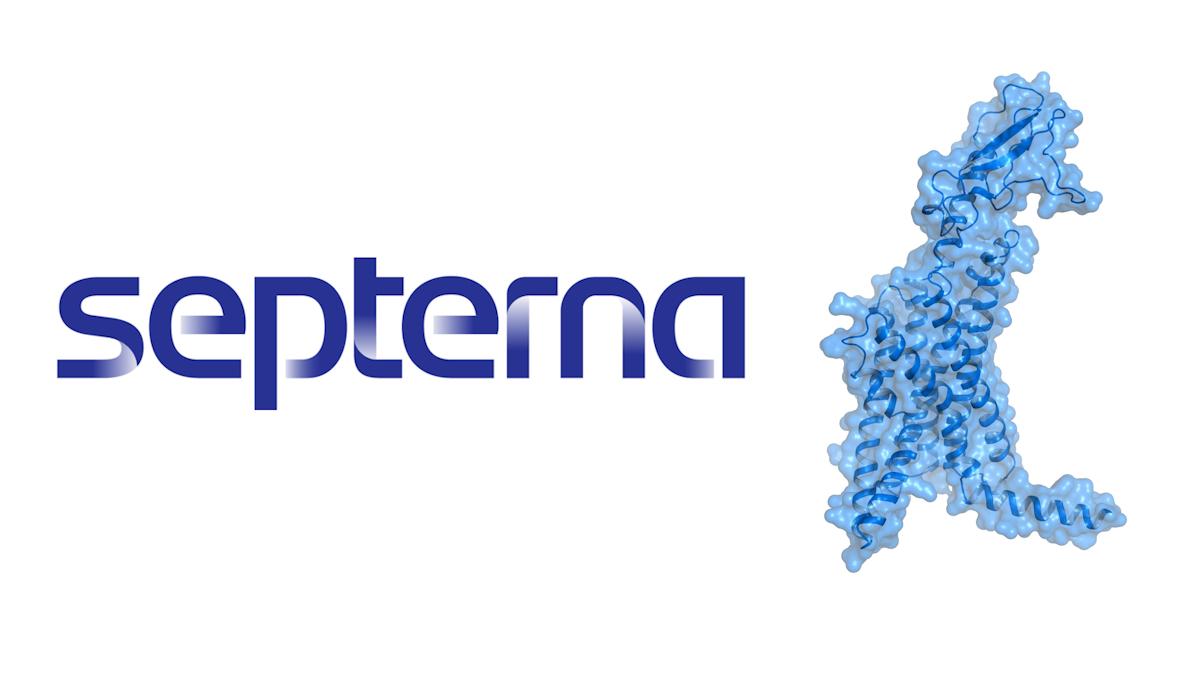Novo makes fresh obesity play with $2.2bn Septerna deal

It seems Novo Nordisk is leaving no stone unturned as it builds a pipeline of drug candidates for obesity and cardiometabolic diseases, as it pays $200 million for rights to preclinical-stage candidates developed by Septerna.
The upfront and near-term payment, backed by milestones that could take the total value of the licensing deal to around $2.2 billion, gives Novo Nordisk access to four oral therapies against incretin targets, including GLP-1, GIP, and glucagon.
The agreement comes shortly after Novo Nordisk's main rival in the obesity market, Eli Lilly, reported positive weight-loss results in a phase 3 trial of its oral GLP-1 agonist orforglipron that it said were comparable to what can be achieved with the current injectable therapies.
At the moment, the obesity market is pretty much a duopoly dominated by Novo Nordisk's GLP-1 agonist Wegovy (semaglutide) and Lilly's dual GLP-1/GIP agonist Zepbound (tirzepatide), which are both given as once-weekly subcutaneous injections.
The new candidates from Septerna, a South San Francisco-based specialist in therapies that target G protein-coupled receptors (GPCRs), will complement Novo Nordisk's current array of oral obesity candidates, including an oral formulation of semaglutide, which was recently filed for approval in the US and another called amycretin in phase 1.
Another would-be competitor, Pfizer, suffered a major setback last month after seeing signs of liver toxicity in late-stage clinical testing of its danuglipron drug, effectively dropping out of the race.
Septerna has been working on small-molecule drugs that can target one or multiple of those targets at the same time, according to a recent company presentation, which indicates it has identified a "novel binding pocket" that appears on GPCRs for all three incretins.
"We are building on our scientific leadership in this space and developing a broad pipeline across various targets and modalities, including peptides and small molecules," commented Marcus Schindler, Novo Nordisk's chief scientific officer.
"Leveraging different modalities creates important optionality in our pipeline in terms of potential targets, dosing regimens and scalability," he said.
Novo Nordisk and Septerna will jointly carry out research on the candidates from discovery to development candidate selection, with the Danish pharma group taking over responsibility as they approach the human testing stage. Septerna also has an option to profit-share on one of the programmes.













